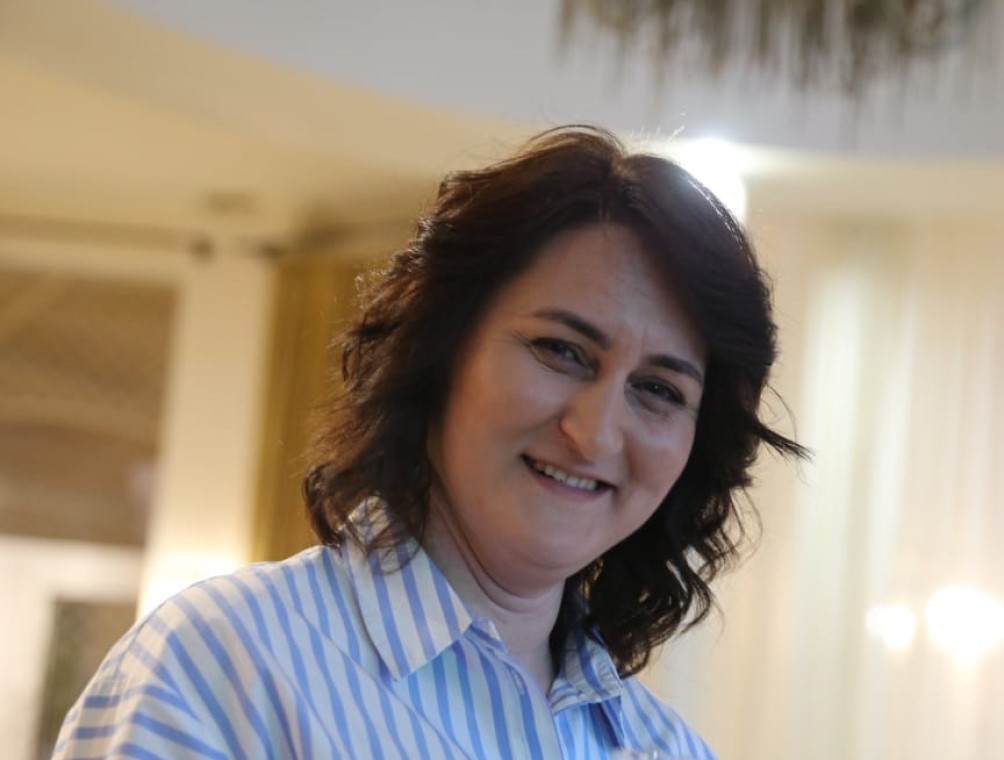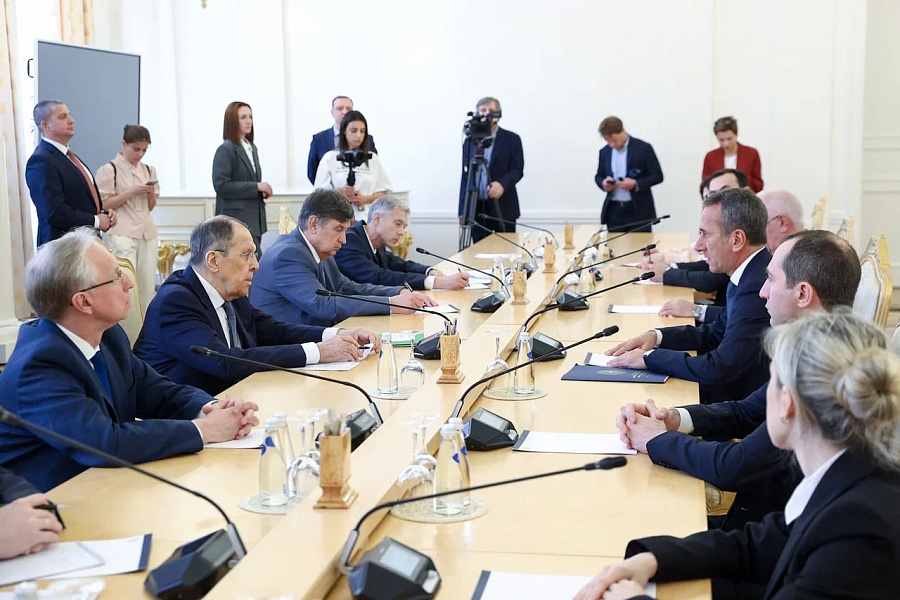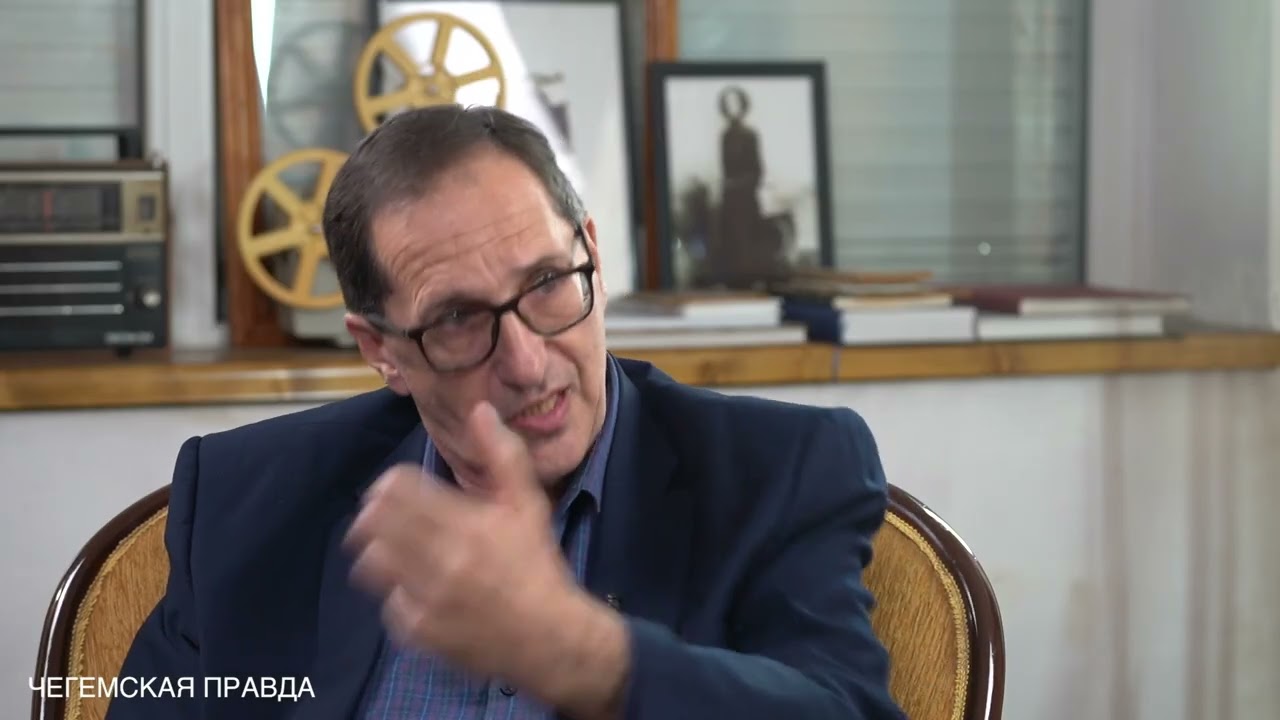Why did Shamba speak with Kolbaia?
Recently, an online conversation occurred in the program of Georgian journalist Vano Chokoraia, featuring Abkhazia’s Security Council Secretary, Sergei Shamba, and the former chairman of the Abkhaz Autonomous Republic government, Vakhtang Kolbaia. In this dialogue, Shamba emphasized that the Georgian-Abkhaz conflict should not burden future generations, urging the exploration of opportunities for peaceful coexistence.
Such direct dialogues between Georgian and Abkhaz politicians have been exceedingly rare in recent years. In Abkhazia, Sergei Shamba’s statements and his participation in this conversation were met with considerable ambiguity.
Some entertained a conspiracy theory: alleging that the Kremlin directed Abkhazia to reconcile with Georgia, speculating that Moscow intended to reinstate railway communication through Abkhazian territory and open Sukhum’s airport with Tbilisi’s assistance.
Others focused on the ethical dimension of Shamba’s actions, questioning, “Who authorized him?” and asserting, “In general, one should not engage in dialogue with Georgians until they recognize Abkhazia’s independence.”
However, those familiar with Sergei Shamba would attest that such clandestine maneuvers are not characteristic of him.
President Aslan Bzhania remains reserved, avoiding interviews even with Abkhazian independent media, let alone Georgians.
Prime Minister Alexander Ankvab is even more secretive, displaying a notable lack of trust in anyone.
Foreign Minister Inal Ardzinba appears talkative, but only engages when met with captivation in others’ eyes; he steers clear of audiences not susceptible to hypnotism.
These three individuals could easily fit into conspiracy theories, as their paths to prominence seem intertwined with behind-the-scenes machinations.
On the contrary, Sergei Shamba’s political journey began in the public eye. He is remarkably open and occasionally daring, not concealing his thoughts behind veiled words and addressing a wide spectrum of audiences. This transparency forms the essence of his political persona.
Shamba emphasized the necessity for dialogue between Sukhum and Tbilisi under any geopolitical and internal political circumstances. He engaged with journalists from Abkhazia, Russia, Europe, and others, including Georgians.
Georgian colleagues express bewilderment, questioning why Shamba chose to interview with journalist Vano Chokoraya, as he is relatively unknown in Georgia. It turns out Shamba had no prior knowledge of Chokoraya until he reached out and proved to be more efficient than others.
“Now, Georgian journalists bombard me with calls, but, honestly, I lack the time and inclination to repeat the same information. I haven’t even watched the program, despite the buzz surrounding it,” Sergei Shamba remarked.
Knowing him for a long time, I am confident that this is indeed the case.


